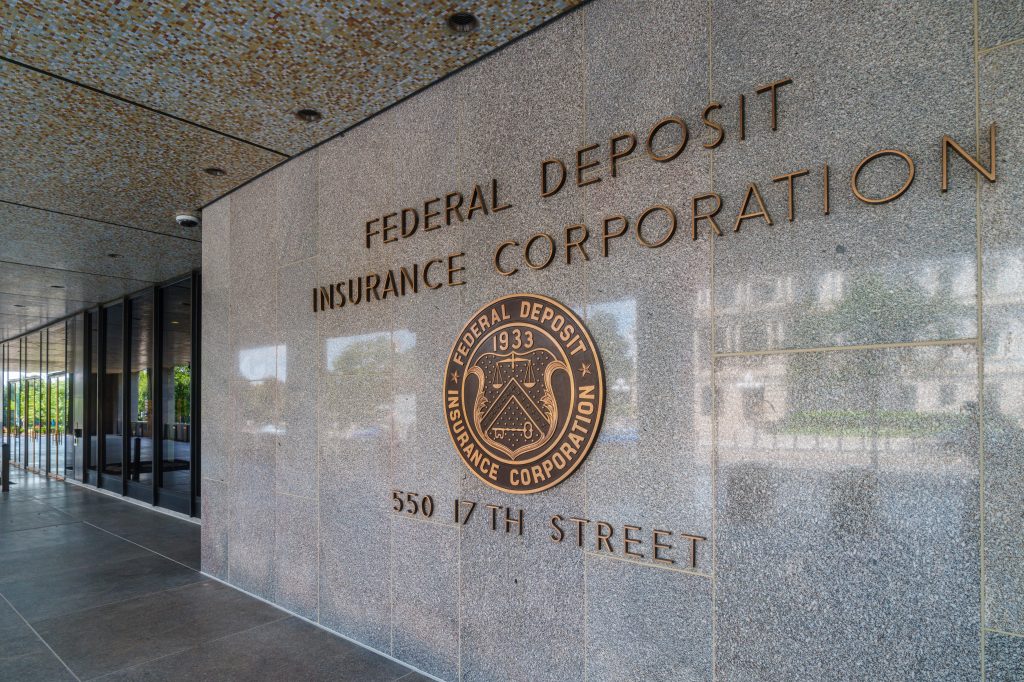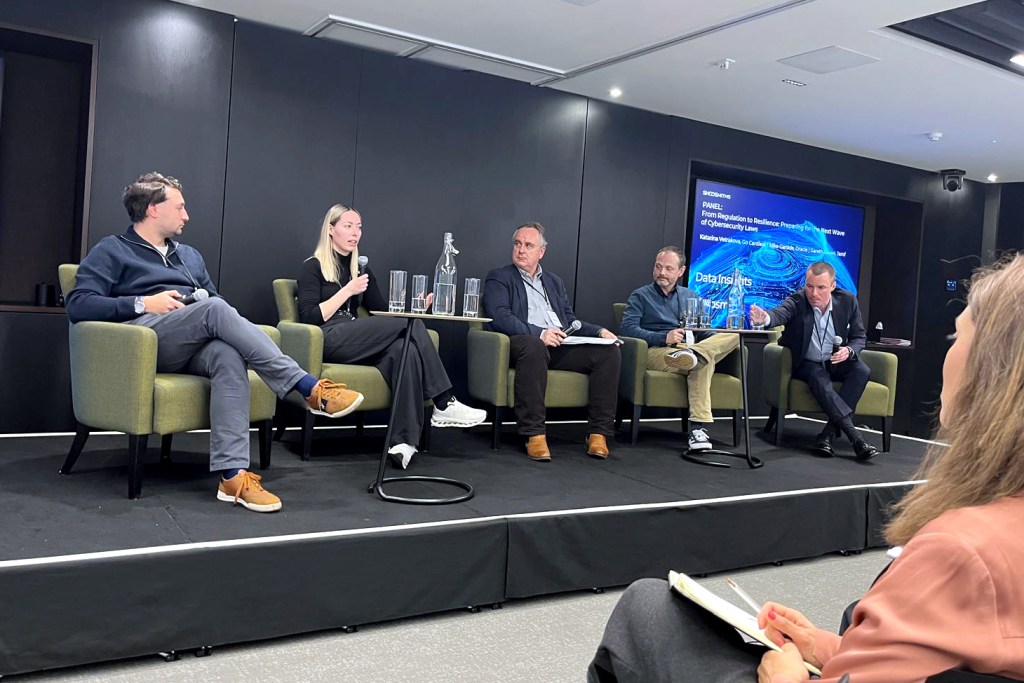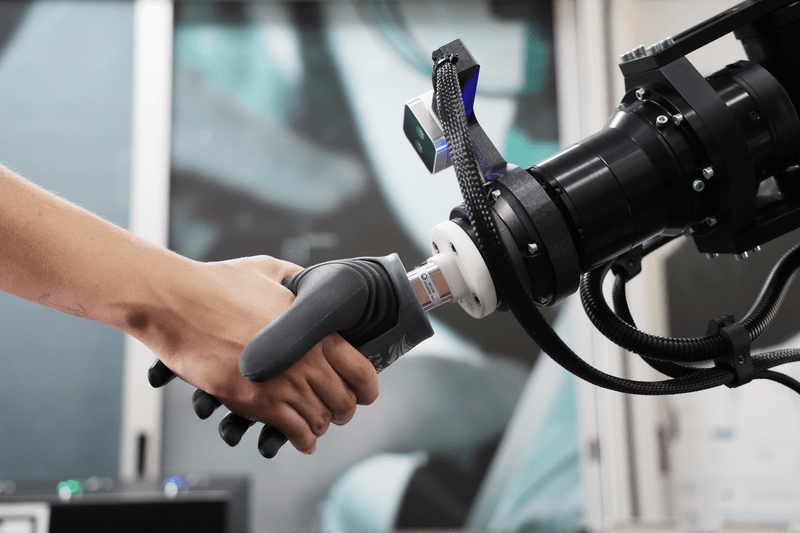Artificial Intelligence (AI) is revolutionizing the ethics and compliance (E&C) landscape, offering unprecedented opportunities to enhance efficiency, accuracy, and proactive risk management. However, alongside its transformative potential, AI introduces new challenges and ethical considerations that organizations must navigate carefully to maximize its benefits responsibly.
In today’s fast-paced business environment, the integration of AI technologies into E&C frameworks marks a significant evolution. AI’s ability to process vast amounts of data rapidly enables organizations to detect patterns, identify anomalies, and ensure compliance in real-time. This article explores how AI is revolutionizing E&C practices while emphasizing the critical importance of maintaining strong foundational elements such as robust E&C programs and a culture of integrity.
Enhancing E&C
AI serves as a force multiplier for E&C professionals, offering advanced capabilities in fraud detection, risk assessment, and regulatory compliance. By automating routine tasks such as data analysis and monitoring, AI frees up valuable human resources to focus on strategic initiatives and complex decision-making. AI-powered analytics can predict potential compliance breaches before they occur, mitigating risks and minimizing operational disruptions
The transformative impact of AI extends beyond efficiency gains to include enhanced accuracy in fraud detection and risk assessment. According to Deloitte, 57% of organizations have accelerated AI adoption to improve risk management and compliance processes, underscoring its pivotal role in modern E&C strategies
Moreover, AI’s ability to provide real-time tactical and strategic insights is crucial for decision-making across all levels of an organization. AI-powered analytics can analyze market trends, customer behavior, and operational data to generate actionable insights that inform business strategies and mitigate operational risks promptly.
Return on investment
The return on investment (ROI) of AI in E&C extends beyond operational efficiencies to include enhanced strategic capabilities and decision support. Organizations that deploy AI effectively report significant improvements in compliance outcomes, with reduced instances of non-compliance and associated penalties.
According to a survey by PwC, companies using AI in compliance functions realize up to 40% reduction in compliance costs and a 50% increase in detection of potential violations through proactive monitoring and predictive analytics
Furthermore, AI tools offer flexibility and customization that cater to the specific needs and roles within an organization. This adaptability not only enhances operational efficiency but also empowers teams to focus on value-added activities that drive business growth and maintain regulatory compliance.
Regulatory best practices
As organizations embrace AI in E&C, they must navigate evolving regulatory landscapes and compliance standards. The US Department of Justice’s Evaluation of Corporate Compliance Programs (ECCP 2024) emphasizes the expectation for organizations to leverage AI and data analytics to enhance their compliance programs effectively.
Moreover, compliance with global data protection regulations such as GDPR and CCPA is critical, requiring organizations to uphold stringent data privacy and security standards in their AI deployments.
Challenges and ethics
Despite its benefits, the deployment of AI in E&C presents several challenges. Chief among these is the risk of algorithmic bias, where AI systems may perpetuate discriminatory outcomes based on biased training data. Addressing this requires continuous monitoring, rigorous validation processes, and ongoing refinement of AI algorithms to minimize biases and ensure fairness in decision-making.
Moreover, the proliferation of AI introduces new risks, including the potential for misuse by bad actors – both internal and external. For instance, AI can be exploited to generate deep fakes or facilitate sophisticated phishing attacks or internal harassment, undermining organizational integrity and trust. Therefore, organizations must implement robust cybersecurity measures and comprehensive AI governance frameworks to safeguard against such threats.
Banning the internal use of AI, except in cases where data or operational security is at stake, is both impractical and counterproductive. The pressure to meet deadlines and optimize resources often makes AI a compelling tool for saving time and boosting efficiency. Prohibiting its use would likely drive employees to clandestinely employ AI, increasing risks and operational vulnerabilities.
Instead, organizations can foster a culture of responsible AI use by providing comprehensive training, implementing robust policies and processes, and integrating AI into their IT solutions. With proper guardrails and a strong E&C culture, organizations can harness AI’s potential to enhance operations while mitigating risks effectively.
Responsible AI integration
To harness AI’s full potential while mitigating risks, organizations should adopt the following best practices:
- Conduct needs assessment and pilot testing: Evaluate organizational needs to select the best AI tool. Conduct pilot tests before full deployment to assess effectiveness and suitability.
- Align AI strategy with business objectives: Define clear objectives and metrics aligned with the organization’s risk profile and strategic goals.
- Ensure human oversight: Maintain human oversight to interpret AI insights and validate findings. Prioritize robust infrastructure and a culture of compliance that values integrity, transparency, and ethical behavior.
- Conduct regular audits, risk assessments, and testing: Audit AI systems regularly to ensure accuracy, consistency, and data integrity. Continuously assess for vulnerabilities and biases.
- Address bias, reduce false positives, and ensure data quality: Implement measures to detect and mitigate bias, reduce false positives, and safeguard data integrity.
- Enhance cybersecurity and ethical AI practices: Strengthen defenses against AI-driven threats. Promote transparency, fairness, and accountability in AI use.
- Collaborate across functions: Foster alignment between E&C, IT, compliance, and legal departments to meet organizational and regulatory requirements.
- Establish clear AI governance and performance monitoring: Develop comprehensive policies to govern AI use. Monitor AI performance and adapt policies for continuous improvement.
- Empower employees through education: Train employees on AI ethics, cybersecurity, and fraud detection to enhance awareness and response capabilities.
- Drive continuous improvement: Monitor AI performance, gather stakeholder feedback, and adjust strategies to optimize effectiveness and mitigate risks.
Compliance culture
A robust E&C program and culture are essential for the responsible adoption of AI within organizations. AI, while powerful, remains fundamentally a tool that requires human oversight, effective policies, and a supportive organizational culture to maximize benefits and mitigate risks.
For instance, in organizations with a strong E&C culture, AI enhances efficiency in fraud detection and regulatory compliance, leads to cost savings and strengthened integrity. Conversely, in environments lacking ethical norms, AI may exacerbate risks through misuse or ethical lapses, potentially increasing legal and reputational liabilities.
By fostering a resilient E&C culture that promotes integrity and accountability, organizations can ensure that AI drives positive outcomes aligned with business objectives and regulatory standards.
AI represents a powerful tool for enhancing ethics and compliance practices, offering unparalleled capabilities to streamline operations and mitigate risks. However, its successful integration requires a balanced approach that combines the strengths of AI with human judgment and oversight.
By promoting a culture of responsible AI use and investing in comprehensive governance frameworks, organizations can unlock AI’s transformative potential while safeguarding against emerging threats and ethical concerns. As organizations continue to embrace AI technologies, they must remain vigilant in addressing its limitations and vulnerabilities.
Pat Poitevin, CACM, TASA: Corporate ethics, compliance and financial crime expert. Pat is the co-founder & executive director for the Canadian Centre of Excellence for Anti-Corruption (CCEAC) & CEO of Active Compliance and Ethics Group Inc.

















